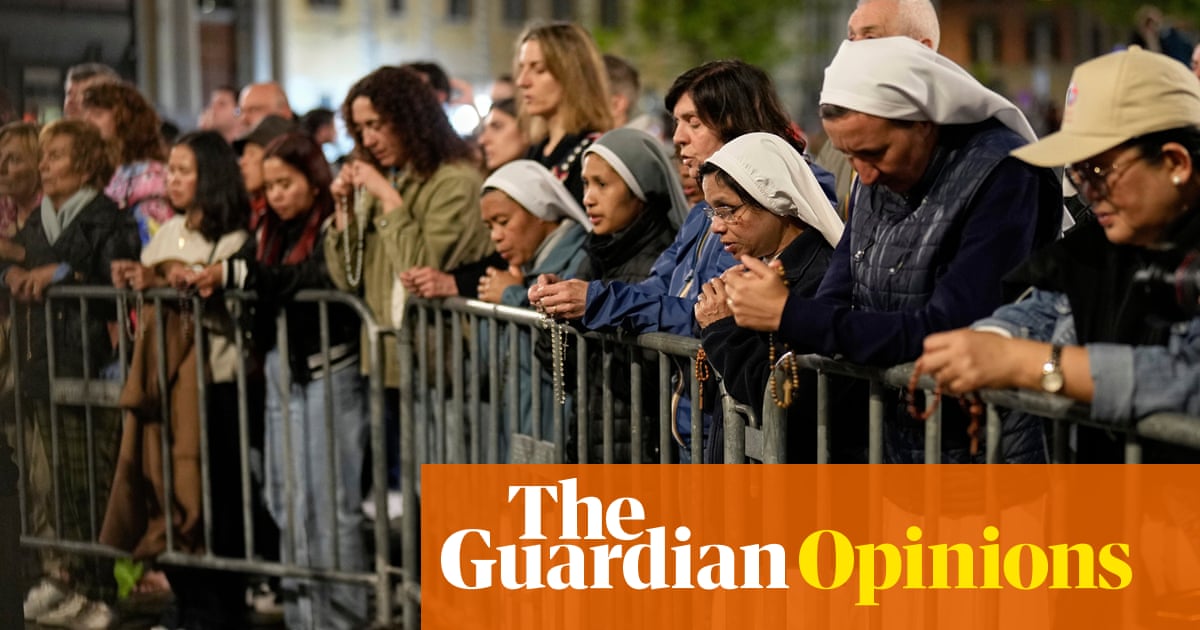The family of a British national held in a Saudi jail without charge for more than four months have spoken about his alleged maltreatment, including the refusal of the UK Foreign Office for two months to share any information about his plight with his pregnant wife.
The Saudi authorities arrested Ahmed al-Doush after a family visit on 31 August, and UK officials have been granted consular access to him only once, in November. He has not been allowed access to a lawyer in Saudi Arabia, and during his detention his wife gave birth to their fourth child. He was refused permission to speak to his wife on the day of the birth.
He is believed to have been in solitary confinement since his arrest and he has been incommunicado for a total of 33 days.
The Manchester-based 41-year-old works on a contract for Bank of America as a senior business analyst. His British-based lawyer, Haydee Dijkstal, said he had no history of political activism, focusing instead on his family and his business career.
He has been given no reason for his arrest and has not been charged, but has been cross-examined about his very limited social media accounts. Doush sent out one tweet concerning Sudan, from which he originally hails, but it contained no mention of Saudi Arabia, or its support for one faction in the country’s civil war, and his account had just 37 followers. His Instagram account is private.
The only other possible explanation for his arrest cited by his lawyers is that he is a friend of a man whose father is a Saudi political dissident, Saad Al-Fagih, but his lawyers said he did not know the father, and even if he had, such an association could not warrant his arrest.
Dijkstal, head of international law at 33 Bedford Row chambers, said the family had hesitated about seeking publicity but that the lack of progress in his case and the minimal interventions by the Foreign Office to secure his release had forced them to publicise Doush’s plight.
Doush’s wife, Amaher Nour, said: “Ahmed was taken from me and the children without warning or explanation. His absence has been deeply distressing to me and my children.
“Our fourth child arrived only a week ago and Ahmed was not able to be there. I could not even speak to him on the phone. My children and I want him home as soon as possible and seek the active support and help of the UK government to protect his rights.”
She said her three other children were now very anxious about ever leaving her side.
Nour said she was also seeking a meeting with the foreign secretary, David Lammy.
A formal complaint about his treatment was submitted on 16 December to the UN working group on arbitrary detention, arguing that he had been denied his right to a fair trial.
Dijkstal said: “The information available clearly indicates that Al-Doush’s right to a fair trial and due process has been so severely violated that his detention should be found to be arbitrary under international law. This, along with information that his detention is based on his exercise of the right to free expression and on a perceived association, supports a swift and decisive finding that his detention is arbitrary.”
She said it was unacceptable that the family had been left in the dark not only by Saudi Arabia but also by Doush’s own government.
In an extraordinary twist to the case that has arisen in other cases of British nationals being held abroad, the Foreign Office refused to give Doush’s wife any information about his wellbeing or whereabouts for two-and-a-half months, saying data protection laws meant they first needed to gain his permission to communicate with her.
Since at the time the Saudi authorities were actively preventing British consular staff from meeting Doush, gaining his permission for the Foreign Office to communicate with his wife was highly unlikely. The Foreign Office’s handling of the case has also been raised in the complaint to the UN, with lawyers arguing: “The actions of the UK government exacerbated the impact and harm of his arrest.”
Dijkstal said: “It is unacceptable that the family were left in the dark for the prolonged period of two-and-a-half months not only by Saudi Arabia, which bears the responsibility for his care in their custody, but also by Mr Al-Doush’s own government.”
The Saudi embassy in London said it was looking into the issue, and the Foreign Office said: “We are supporting a British man who is detained in Saudia Arabia and are in contact with his family and the local authorities.”
Foreign Office policy says it cannot interfere in the judicial systems of another country.

.png) 3 months ago
36
3 months ago
36













































